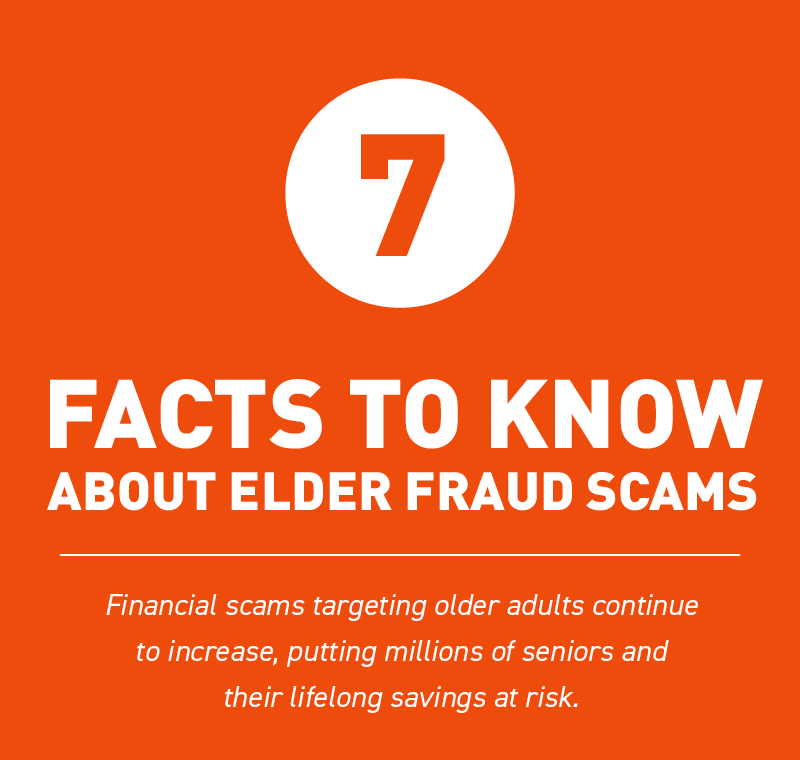Using the global pandemic as bait, scam artists are preying on fears seniors have regarding COVID-19. Scammers target seniors using calls, texts, mail, email, social media, and even show up on their doorsteps. Certain characteristics make seniors vulnerable to scams, such as tendencies to be trusting and polite. In addition, seniors usually have financial savings or own a home, which makes them enticing to scammers.
This post will share tips for discussing coronavirus scams with aging loved ones, and offer trusted resources for the whole family.
How to Bring Up Coronavirus Scams With Your Loved One
Protecting the elderly from financial abuse starts with a dialogue. Simply talking with a senior loved one can help them avoid scams.
Initiating these discussions might feel emotionally fraught, so consider using a conversation starter to ease into the topic. Try asking questions to find out what they know about scams. Listen respectfully, and keep the conversation casual.
Check in often to detect fraud in its early stages. Having an initial conversation makes it easier to bring the issue up again. Plus, you have planted the seed, which may make them feel more comfortable about sharing an experience with you. Keep in mind seniors may feel ashamed if they succumb to scammers and are less likely to report when they fall victim.
7 Common Coronavirus Scams Targeting Seniors
Many different coronavirus scams target the elderly. Share the information about them with your loved one. You can also print the list of 7 common scams outlined below for them so they can keep it near their phone or computer as a reminder.
1) Fakes and Counterfeits
Some scam artists sell bogus coronavirus vaccines and test kits. Others promise cures from vitamins, CBD, tea, and even faith-based remedies. Beware of solicitations for prescription drugs and face masks, which can turn out to be substandard quality, if they arrive at all.
2) Impersonations
Criminals sometimes claim to represent government agencies like CDC, WHO, FDA, or Medicare. These phishing scams ask for personal information, banking details, and/or passwords. In some, the impersonator pretends to be a grandchild or other relative in need of money for an emergency situation.
3) Contact Tracing
Apps purporting to track coronavirus exposures may load malware or ransomware onto personal devices like computers and smartphones. Fake contact tracers also sometimes text dangerous links or call requesting personal data.
4) Stimulus Checks
This scam falsely offers to help seniors access CARES Act funds, such as a missing economic stimulus payment or other funds.
5) Coronavirus Insurance
Beware of insurance offers for life or medical policies with special coronavirus coverage. Also watch out for pandemic travel insurance scams that claim to pay you back for canceled vacations.
6) In-Home Services
Door-to-door salespeople take payments to decontaminate homes, perform health checkups, or deliver groceries. However, they never show up to provide these services.
7) Charities and Stocks
Beware of requests for charitable donations benefitting COVID-19 victims, or stock purchases that supposedly capitalize on market fluctuations.
How To Respond to Coronavirus Scams
Encourage senior friends and family to do the following when solicitors contact them:
Don’t Engage
Hang up on people trying to sell things. Never click on emailed or texted links from senders they do not know or from sources they don’t recognize.
Fact Check
Research all offers carefully to ensure legitimacy. Regularly check with the FTC and National Council on Aging for the latest coronavirus scams.
Don’t Share
Never give out private information such as social security number, Medicare ID, or financial account details.
Marquis Companies, Providing Compassionate Senior Health Care Services Since 1989
Now is the time to start conversations about coronavirus scams so you can protect aging parents and other senior loved ones from this ongoing threat.
To learn more about keeping elderly loved ones safe through the COVID-19 pandemic, visit our Marquis COVID-19 Updates or In the News pages.
